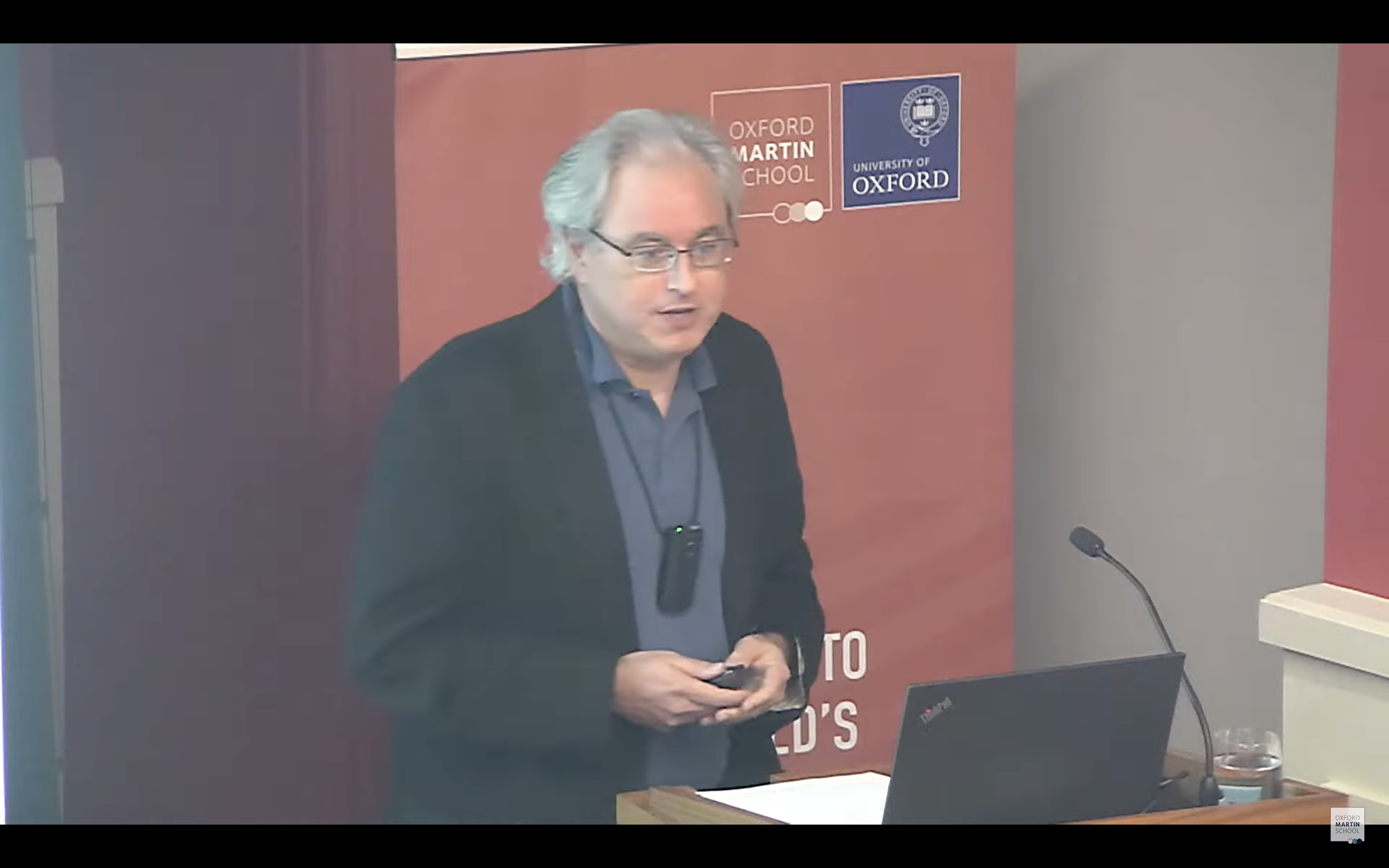Introduction
Refugees can be immense economic contributors to the host communities where they settle.
However, to maximize their contributions and achieve improved well-being and self-reliance, refugees need formal labor market access.[1] But this access is often limited, especially in developing countries. Even where the law allows refugees to access formal employment, administrative and practical barriers often limit this access.
One reason refugees have little access to formal employment is the unsubstantiated belief that refugees inevitably drive down wages, take jobs from hosts, and reduce the quality of services.[2] While these fears are understandable because of the complex economic and fiscal effects of hosting refugees, they are, for the most part, not borne out by the evidence.[3]
Rather, formal labor market access (LMA)—the right to seek employment and start a business (with some degree of freedom of movement)—is a critical lever for unlocking the significant potential contributions of refugees who are already present in a country.
(For a full definition of formal LMA, see Box 1 in the PDF.) Overall, even short of a comprehensive version of formal LMA, wherein both legal and de facto barriers to access are minimal or nonexistent, greater rights and fewer barriers around work and business ownership enable greater benefits. Furthermore, in many cases, policies restricting access to formal work can exacerbate negative effects rather than mitigate them. For example, restricting refugees to certain geographies and sectors intensifies competition between refugees and hosts, increasing the likelihood of negative effects on wages and employment.
Formal LMA allows refugees to be more productive employees and business owners, which leads to a more efficient economy and increased GDP for host countries; new employment opportunities for both hosts and refugees; an increased labor supply, which benefits businesses; higher incomes for refugees and thus greater self-reliance and less dependence on aid; greater consumer spending, which stimulates local markets; and increased tax revenues. Other economic benefits include the possibility of increased trade, innovation, and investment in human capital. For refugees, formal LMA can also mean greater workplace protections, greater security and stability, and decreased rates of child labor and child marriage.
Some degree of job competition is real and should be taken seriously. But those effects are more pronounced when the absence of formal LMA crowds refugees into small corners of the informal sector, as appears to have occurred during the first two years of the flood of Syrian refugees into Turkey.[4] Thus formal LMA itself can mitigate labor market impacts on hosts. And complementary policies can mitigate or eliminate the costs to host workers associated with formal LMA for refugees. Those policies, importantly, can also amplify benefits.
Examples of these policies include:
-
Allowing refugees complementary rights such as the freedom of movement, which minimizes the concentration of any negative impacts while increasing refugees’ productivity by enabling them to find jobs that better match their skills and experience.
-
Supporting hosts displaced from their jobs by helping them find new employment opportunities—including by moving to other regions—and upgrade to higher paying positions.
-
Helping refugees integrate into the labor market, with a focus on supporting women and the most vulnerable groups.
-
Offsetting any short-term increases in spending by the host government with fiscal support from donors.
-
Recognizing formal workplace protections for refugees and vulnerable host populations, which ultimately benefits host workers as well.
Recently there has been increased momentum around granting refugees greater formal LMA and complementary rights. In 2016, UN Member States unanimously adopted the New York Declaration for Migrants and Refugees, which “[encouraged] host Governments to consider opening their labour markets to refugees.”[5] Toward this goal and others, the Declaration laid out plans for a Comprehensive Refugee Response Framework (CRRF) which, among other objectives, aims to ease pressure on host countries through increased support while increasing employment opportunities for refugees.[6] This enables and incentivizes host governments to expand formal LMA for refugees even in the face of political challenges. Some developing countries with restricted formal LMA, such as Ethiopia, have already embraced the CRRF as a productive path forward.[7]
In this context, new opportunities are emerging:
-
Governments have the chance to unleash the unrealized contributions of refugee populations while also receiving international support, to the benefit of their economies.
-
Civil society organizations have more room than ever to push for greater rights for refugees and implement programs that support self-reliance among refugees and hosts.
-
Businesses can mobilize as advocates for pragmatic policy, and engage refugees as employees and suppliers. If refugees had greater rights, many global and regional businesses would be well-positioned to hire and supply from refugees: nearly 40 percent of working-age refugees in developing countries are in major urban areas, where these businesses are most likely to be located.[8]
With these new opportunities, there is a growing interest in understanding what the economic and fiscal effects of granting formal LMA to refugees are likely to be. This paper previews these effects, highlighting the potential benefits refugees can generate and the policies
that can enable these benefits and mitigate or avoid potential costs. It is an abbreviated version of a CGD working paper.[9]
[1] In most developed countries, refugees (and asylum seekers in the majority of countries) are granted formal LMA. Helbling, M., Bjerre, L., Römer, F., & Zobel, M. (2017). Measuring immigration policies: The IMPIC database. European Political Science, 16, 79-98.
[2] In this paper, we refer to all individuals living in the host country before the arrival of refugees as “hosts.” This would include natives (people born in the host country), legal immigrants, and irregular migrants. However, when considering how formal LMA would impact hosts, we do not consider how it could differentially affect these groups. Rather, we primarily consider the effects for natives. There is reason to think that other groups would be impacted differently. For example, it may be that irregular immigrants benefit less from the formalization of refugee businesses than natives because they are less likely to be hired by formal businesses. However, most of the impacts would be the same. For example, all groups should benefit from the increase in consumer spending, the higher productivity of informal refugee businesses, and the improved fiscal effects (at least indirectly).
[3] Clemens, M., Huang, C., Graham, J., & Gough, K. (2018). Migration Is What You Make It: Seven Policy Decisions that Turned Challenges into Opportunities. Washington, D.C.: Center for Global Development.
[4] Del Carpio, X. V., & Wagner, M. (2015). The impact of Syrians refugees on the Turkish labor market.
[5] UN. (2016). New York Declaration. Retrieved from: https://refugeesmigrants.un.org/declaration.
[6] UNHCR. (2016). Comprehensive Refugee Response Framework: Delivering more comprehensive and predictable responses for refugees. Retrieved from: http://www.unhcr.org/en-us/comprehensive-refugee-response-framework-crrf.html.
[7] Huang, C., Charles, S., Post, L., & Gough, K. (2018). Tackling the Realities of Protracted Displacement: Case Studies on What’s Working and Where We Can Do Better. The Center for Global Development and the International Rescue Committee.
[8] Huang, C., & Graham., J. (2018). Are Refugees Located Near Urban Job Opportunities? An Analysis of Overlap Between Refugees and Major Urban Areas in Developing Countries, and Implications for Employment Opportunities and MNC Engagement. Washington, D.C.: Center for Global Development.
[9] The working paper can be found here: /publication/economic-and-fiscal-effects-grantingrefugees-formal-labor-market-access.
Rights & Permissions
You may use and disseminate CGD’s publications under these conditions.





